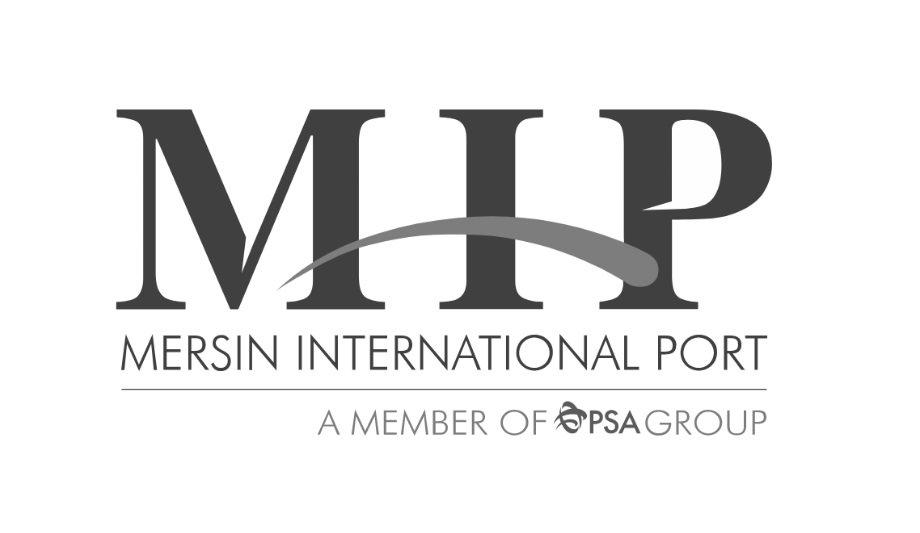On February 6, 2023, two large earthquakes 200 kilometres east of Mersin International Port (MIP; B/Stable/--) caused severe damage and fatalities in southeastern Turkiye and northern Syria. Even though the port halted operations after the second earthquake, S&P Global Ratings understands from MIP that it has found no evidence of damage to the port's infrastructure, grounds, or equipment.
According to the company, operations are scheduled to resume today. They expect to know more in the upcoming days, once all damage assessments have been done, including the potential impact on Turkish infrastructure, industries, and cross-country supply-side systems, which could ultimately affect trade volumes at the port.
Destruction of physical capital
MIP expects to receive some of the diverted containers already on the water, as well as bookings from nearby ports including Iskenderun Port, which has suffered severe structural damage with all operations halted and no clear timeline for resuming activities. This may result in significant congestion and delays at MIP, which has been operating at close to its maximum capacity for some time.
MIP expects to receive some of the diverted containers already on the water
The magnitude of the disaster not known yet. They expect some impact on trade volumes if Turkiye's public infrastructure is so badly damaged as to affect logistics and connectivity between the port and hinterland - one of MIP's business advantages.
Volumes handled at the port could also come under pressure if supply-chain disruptions were to limit production, or if the destruction of physical capital caused a dip in export/import volumes. It is too early to assess the overall implications of the earthquakes.
Global economic slowdown
The 'B' rating on MIP is unlikely to come under pressure given the substantial cushion between the port's 'bbb-' stand-alone credit profile (SACP) and the 'B' rating that is capped at the level of the rating on the sovereign. However, they think downward pressure on the SACP could emerge if there were substantial and prolonged negative implications for the port's infrastructure or the volumes traded at it, which could weaken margins.
This is because MIP has limited headroom under its financial profile given the combination of factors already threatening its resiliency. These factors include the global economic slowdown, high energy costs, demanding capital investments, and rising interest rates, all of which will pressure its financial metrics when it refinances its $600 million senior debt bonds due September 2024.
Nevertheless, MIP has flexibility through the adjustment of its material ordinary dividends and upstream loan distribution, and even its expansionary investment given this is not mandatory under the concession. They will provide an update on any ratings impact for MIP once more information becomes available.










